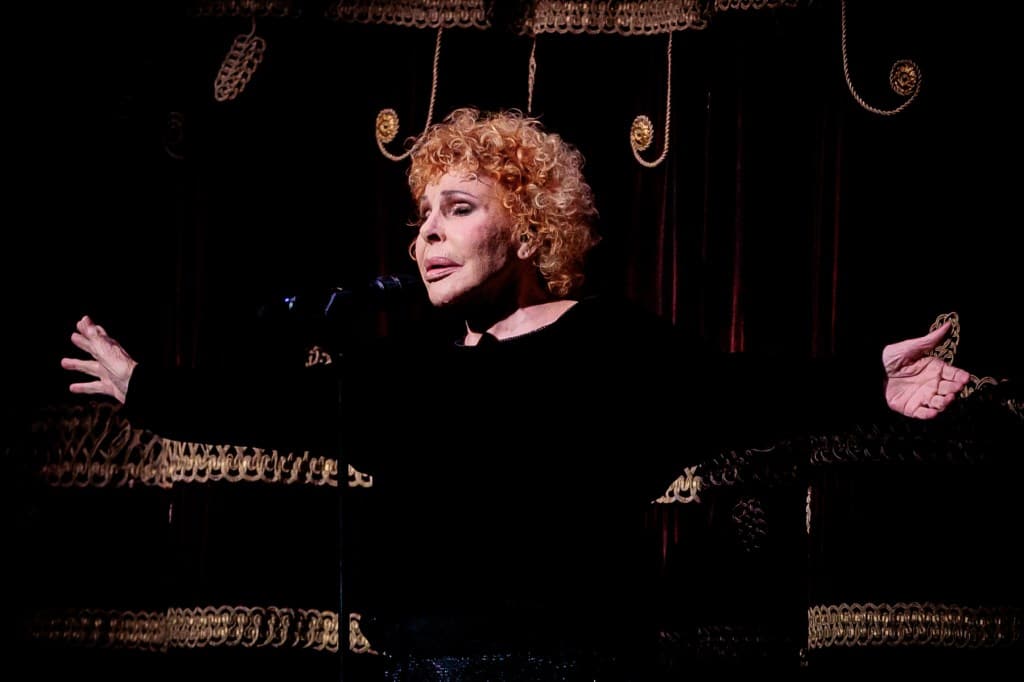Kendrick/Drake Beef: Can a Record Label Ask Radio Not to Play a Song?
Written by djfrosty on May 3, 2024

A diss-track battle between two of the world’s biggest hip-hop stars has led to cryptic allegations that Drake directed his heavyweight record label to yank a hit featuring Kendrick Lamar from the airwaves. But would such a move be possible?
Probably not, say legal experts who study broadcast rights and the music business. “As a general law, broadcast stations have a lot of discretion over what they put on the air — almost unlimited discretion,” says Charles Naftalin, a Washington, D.C., attorney for Holland & Knight who specializes in telecommunications law. “A station is virtually free to pick and choose what it wants.”
Lamar’s new song “euphoria,” which he released April 30, alleges Drake and Republic had attempted to “try cease and desist on the ‘Like That’ record” — a reference to the recent Future–Metro Boomin hit containing a Lamar verse that attacks last year’s Drake-J. Cole track “First Person Shooter,” and helped spark the recent back-and-forth between the two rappers. Then a screenshot of an alleged email appeared on social media purporting to be from a Republic business-affairs executive declaring “we are not granting radio rights” for “Like That.” (Reps for Republic and Universal Music Group, the label’s parent company, did not respond to requests for comment, and the screenshot could not be verified.)
Trending on Billboard
Hypothetically, if Lamar’s lyrical allegation were true, and the Republic exec’s email were legitimate, how could a label, even the home of Taylor Swift, Morgan Wallen, The Weeknd and Post Malone, which has the industry’s largest market share, pull off such a move? One conceivable explanation stems from the fact that “Like That” is an unusual business collaboration — it’s a joint release from competing major labels, Universal-owned Republic and Sony-owned Epic. The former is Metro Boomin’s label; the latter is Future’s label. (Adding confusion to the affair: Lamar records for Interscope, also owned by UMG, so he is, in a very broad sense, Drake’s labelmate.)
Because Republic had a hand in releasing “Like That,” it is conceivable — though extremely unlikely — that the company could demand that radio stations stop playing its own song. “I don’t readily see a legal reason to request takedown from radio solely based on certain lyrics being in the song,” says Matt Buser, an attorney who represents top artists and music companies. “However, there could be a justified legal reason for takedown based on the promotional grant of rights and understanding between the two collaborating labels.”
Like Buser, Larry Kenswil, a retired top business and legal affairs executive for UMG, has no idea what is in the contractual agreement between Republic and Epic for “Like That.” (A rep for Sony, Epic’s parent company, also did not respond to a request for comment.) But he’s certain that Republic has no right to demand a radio takedown. If Lamar’s “euphoria” lyric about a cease-and-desist is true, Kenswil says, “The artist [Drake] complained to the label [Republic] and the label felt like they had to do something to satisfy the artist. But, of course, we probably don’t have the full story.”
He adds: “That happens all the time. Artists tell their lawyers: ‘Send a cease-and-desist.’ The lawyer says, ‘Uh, I don’t think they’re doing anything wrong.’ ‘Send a cease-and-desist or I’ll fire you.’ And they send the cease-and-desist — and don’t follow up.’” Evidence on behalf of Kenswil’s theory: “Like That” not only came out, but radio played the track, it debuted at No. 1 on the Hot 100 and remained there for three weeks. And as of this writing, “Like That” is No. 21 on the all-genre Radio Songs chart.

 State Champ Radio
State Champ Radio 





